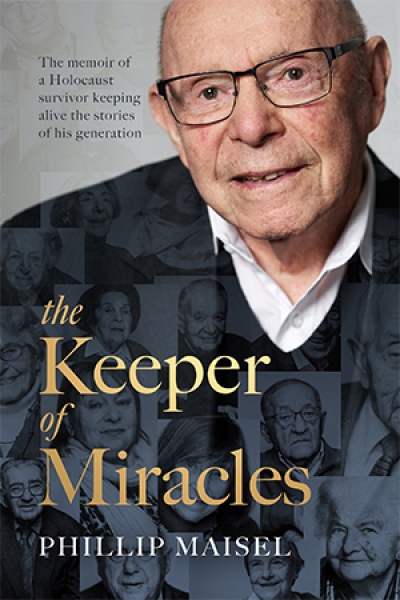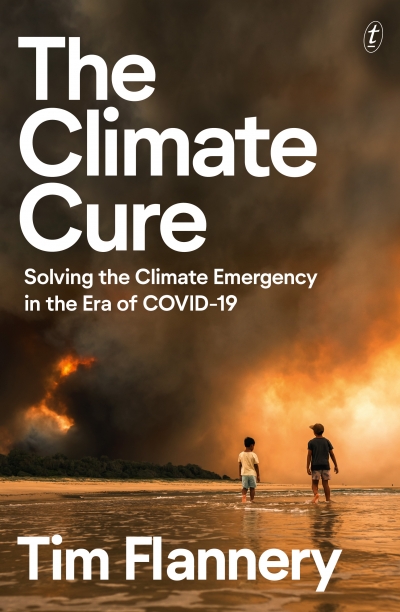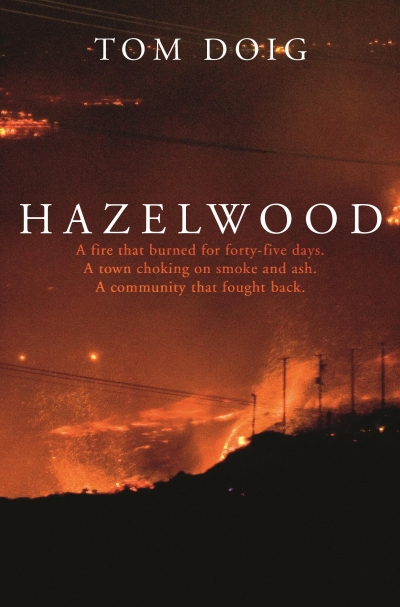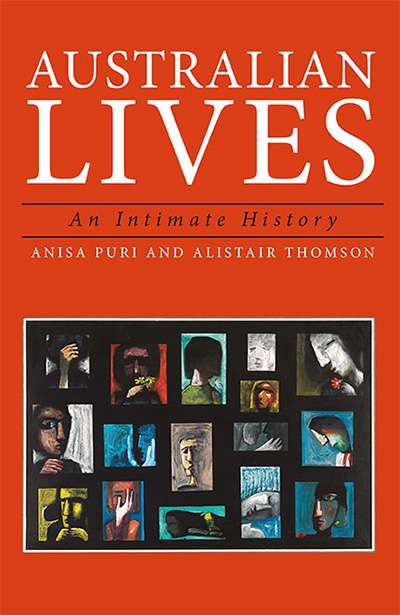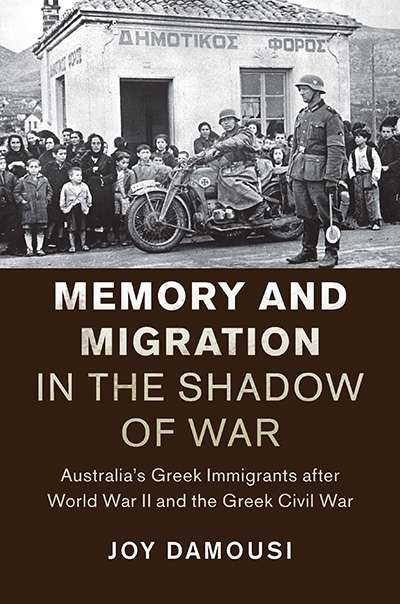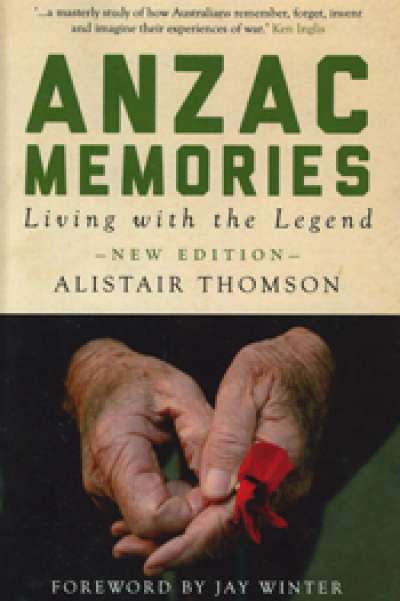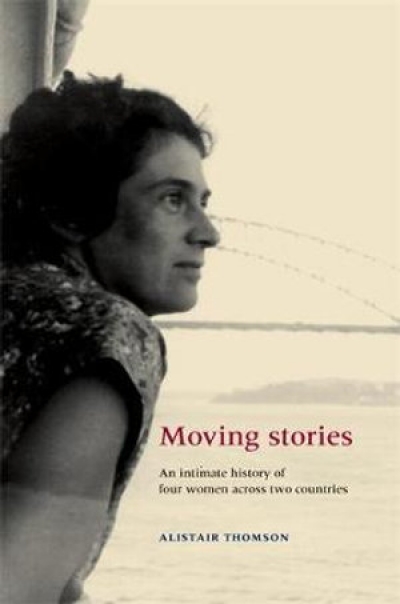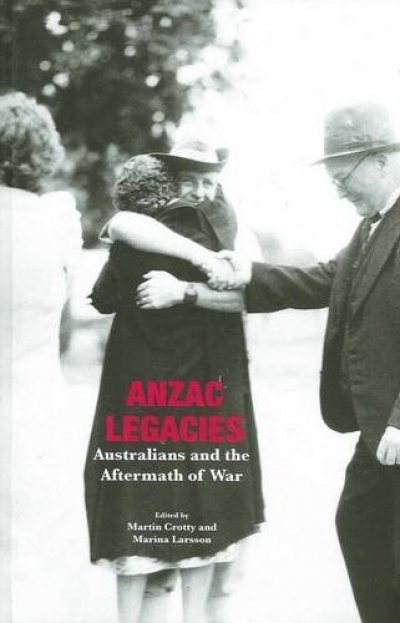Alistair Thomson
The Climate Cure: Solving the climate emergency in the era of Covid-19 by Tim Flannery
by Alistair Thomson •
Australian Lives: An intimate history by Anisa Puri and Alistair Thomson
by Agnes Nieuwenhuizen •
Memory and Migration in the Shadow of War: Australia's Greek immigrants after World War II and the Greek Civil War by Joy Damousi
by Alistair Thomson •
Anzac Memories: Living with the legend, Second edition by Alistair Thomson
by Joan Beaumont •
Moving Stories: An Intimate History of Four Women Across Two Countries by Alistair Thomson
by Penny Russell •
Anzac Legacies: Australians and the Aftermath of War edited by Martin Crotty and Marina Larsson
by Alistair Thomson •
Ten Pound Poms: Australia’s invisible migrants by A. James Hammerton and Alistair Thomson
by Mark Peel •

